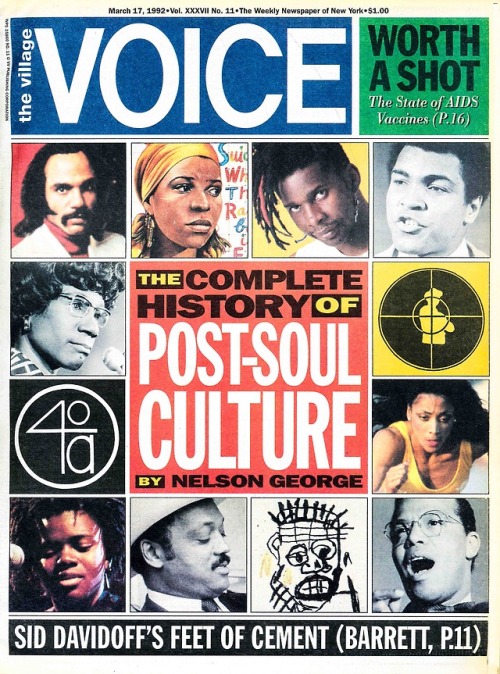
To be honest, I don’t read first I always look to the writing and the voice. If I can’t immediately picture where (and when) we are and hear a clear, authentic voice speaking to me while I’m reading, I’m not likely to read very much. We always say do as much refining and tweaking as you possibly can before submitting, but manuscripts do arrive in different stages of fine-tuning and if I fall head-over-heels for a voice, I will take the plunge even if there’s a lot of work to be done. Voice though? I want to feel that character’s essence from the get-go so I can thoroughly immerse myself and care about their journey. World building is important but can be distributed throughout the story. I personally love a submission that establishes a strong voice right away. Here's what several agents had to say in our Book Broker interview series: If you have a clear idea who your narrator is and how she speaks, then you will have a much easier time infusing her personality/essence/spirit into the prose, even if the narrator isn't an actual character in the story. The key to tackling voice is in knowing your narrator. It's subjective, too, certainly, but literary agents are fairly unanimous on its importance.Ī terrific voice and clever premise always capture my attention. But it's easy to see, usually in the first paragraph.
#VOICE RETURNS ITS VERY VILLAGE VOICEY HOW TO#
How to infuse your manuscript with a strong voice? It certainly can, if that makes sense for the narrator, but there is also poetry in minimal, subtle prose. Strong voice does not mean a flowery writing style.

When fiction is described as having "a great voice", it means the prose is distinct in a way that feels individual, unique, with a narrator who gets right into the reader's head.


 0 kommentar(er)
0 kommentar(er)
